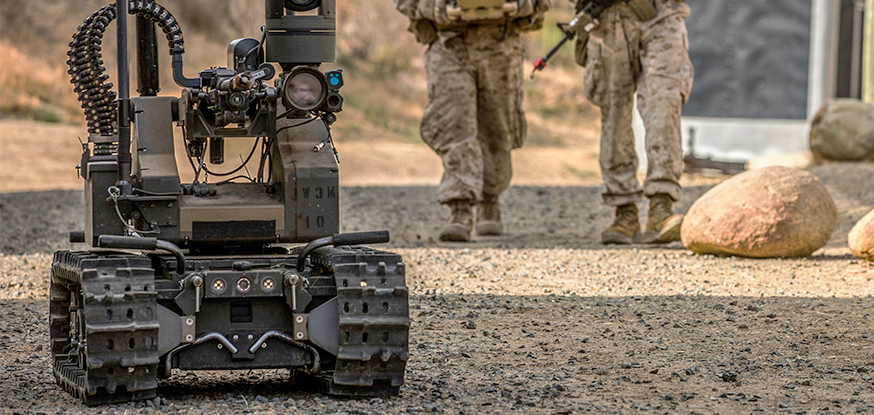The US armed forces have selected the tech-savvy city of Austin to be the new home of its command center that is aimed at innovating and preparing the army for future wars.
The US Army Futures Command will be established in Austin, which is located in the heart of Texas. Austin is the booming capital of Texas and has been transformed into one of America's fastest growing cities for technology and startup industries.
A spokesperson for the US army said that the new command will be spearheaded by a four-star general, with a staff of about 500 civilian and military personnel. It will help prepare the US military for future warfare that could include the use of laser weapons for missile defense, hypersonic missiles, robotics and AI.
Army Chief of Staff General Mark Milley said that war is evolving and that it was critical the United States was at the forefront of technological advancements being made in weaponry.
He said, "We are in the midst of a change in the very character of war and we don't and didn't have an organization solely dedicated to that. We're confident the new command center will be up and running by summer 2019."
Austin is a traditionally left-leaning city in what is a largely conservative state, and it beat off stiff competition from 150 other municipalities vying for the lucrative contract to host the new command. Boston, Minneapolis, Philadelphia and Raleigh in North Carolina were some of the cities Austin defeated to land the nomination.
Under Secretary of the Army Ryan McCarthy cited Austin's relative affordability and its proximity to academia and private-sector talent as key factors in determining its selection. He also praised the city's incubator hubs where workers from established corporations and startups share office space.
We will literally have soldiers and army civilians' right there with them and they will have their Army emblem over their laptop," McCarthy said. However, the Army's move into the heart of Austin hasn't been warmly welcomed by all, and comes amid a backlash amongst part of the tech industry against working with the military.
In May, thousands of Google workers signed a petition protesting the firm's involvement with the military in developing artificial intelligence to make US military drones better at recognizing what they are monitoring. Google last month said it would not use AI for weapons or to "cause or directly facilitate injury to people," as it unveiled a set of principles for the technologies.

